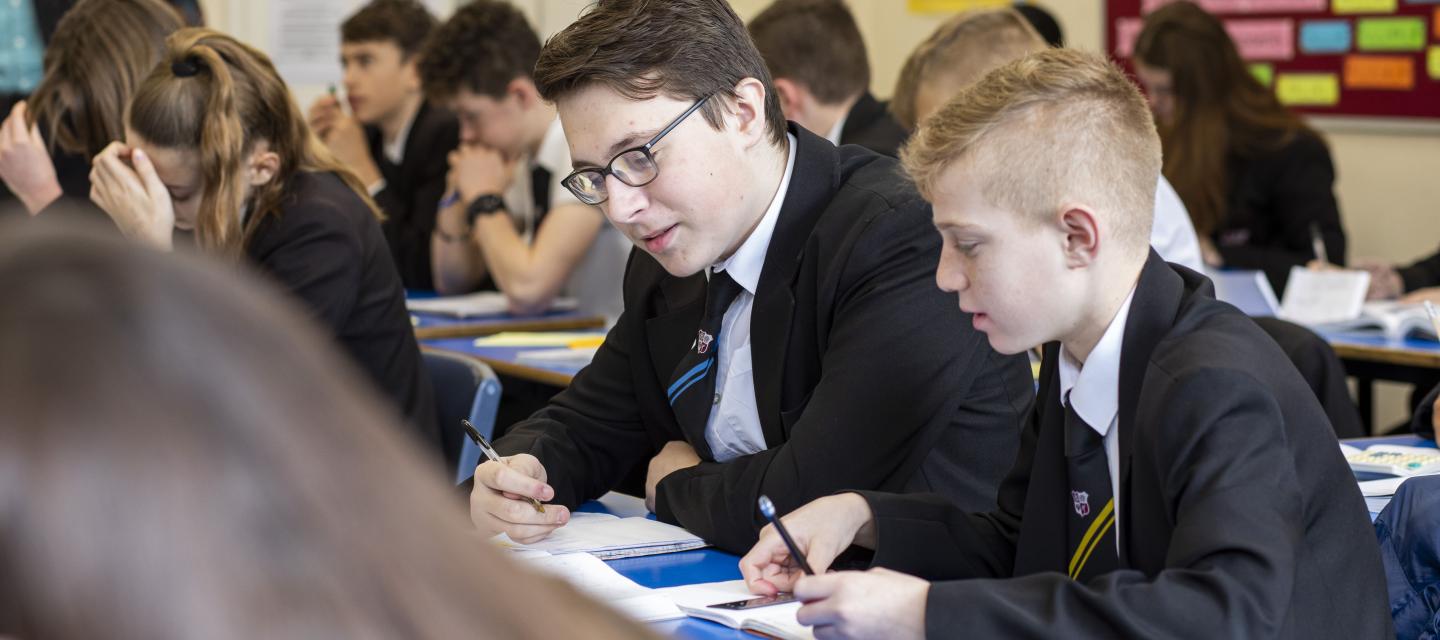“Geography underpins a lifelong ‘conversation’ about the earth as the home of humankind”
Geography is the subject which opens the door to our dynamic world and prepares each one of us for the role of global citizen in the 21st century. Geography puts this understanding of social and physical processes within the context of place – recognising the great differences in cultures, political systems, economies, landscapes and environments across the world, and exploring the links between them.
The Geography curriculum at Noadswood aims to create a sense of awe and wonder about our world. We seek to inspire our students, so they have the desire and ability to become responsible global citizens who make positive contributions to society. Our knowledge rich curriculum enables students to deepen their understanding of the ever-changing world in which they live, explore how their lives are both interdependent and interconnected and to appreciate that their local actions can have regional, national and global consequences.
Developing students who can think, speak and write geographically is central to our mission as we want students to confidently use specialist vocabulary and apply their knowledge and conceptual understanding to new settings. Geographical enquiry is therefore at the heart of our teaching. We encourage students to question, investigate and think critically about issues affecting the world and people’s lives, now and in the future. We strive to develop independence and resilience in our students and provide them with opportunities to learn and think spatially using a range of resources such as maps, graphs, visual images and new technologies. Fieldwork is an essential component of our curriculum, and we continue to strive to offer valuable learning experiences beyond the classroom. We hope that our students grow into global citizens, who explore their own space and place in the world, who can show empathy and be culturally aware of different ways of life, and who ultimately take responsibility for their environment and the sustainability of our planet.
Key Stage 3 Curriculum:
Year 7:
Becoming a Geographer @ Noadswood
The British Isles
Is Africa a misrepresented continent?
Country Focus: Kenya
Rivers
Microclimate Field Study
Year 8:
A world of extremes
What makes our planet so hazardous?
Mega Cities
Global Fashion
Coasts
Earth’s Resources
Year 9:
Is our climate in crisis?
Cold Environments: Arctic
Why is our weather so wild?
How sustainable is the Middle East?
Issues Evaluation: Tourism
Geographical Skills
Key Stage 4 Curriculum:
Noadswood follows the AQA GCSE Geography (8035)
Year 10:
The Living World
Urban Issues and Challenges
The Challenge of Resource Management
Physical Landscapes in the UK
Fieldwork
Year 11:
The Changing Economic World
The Challenge of Natural Hazards
Issues Evaluation
